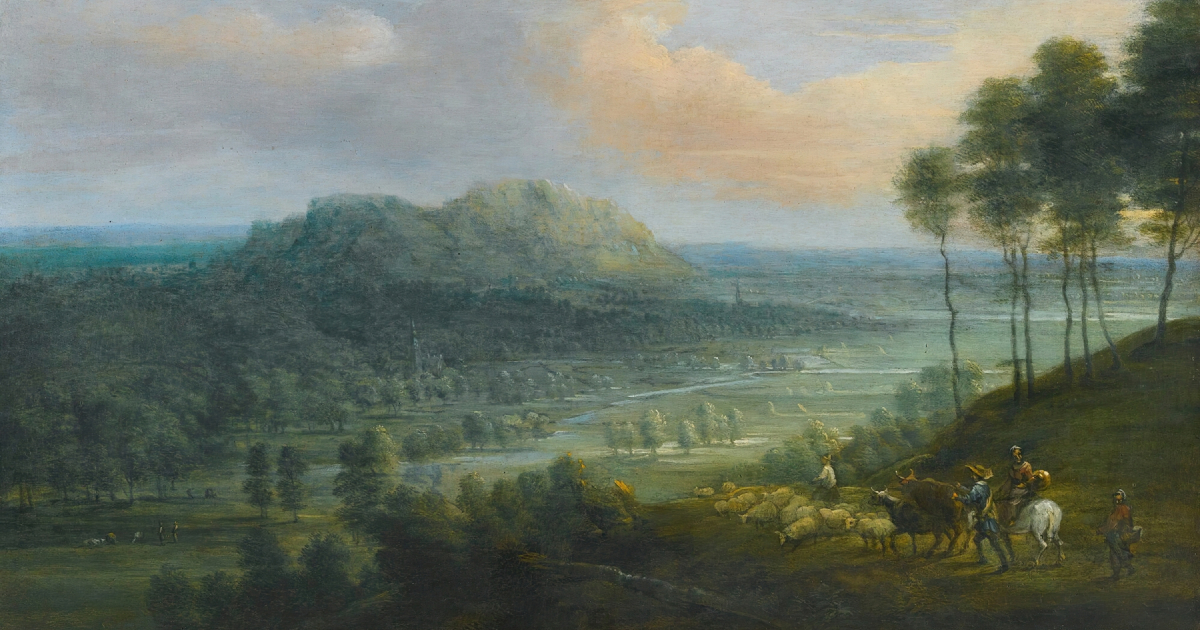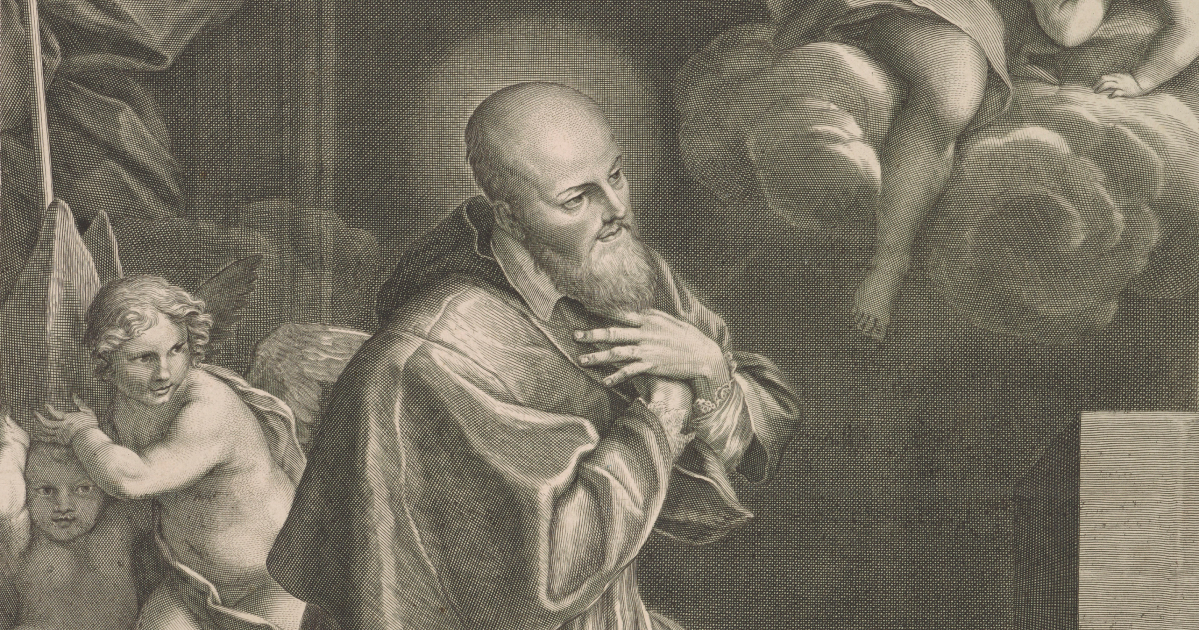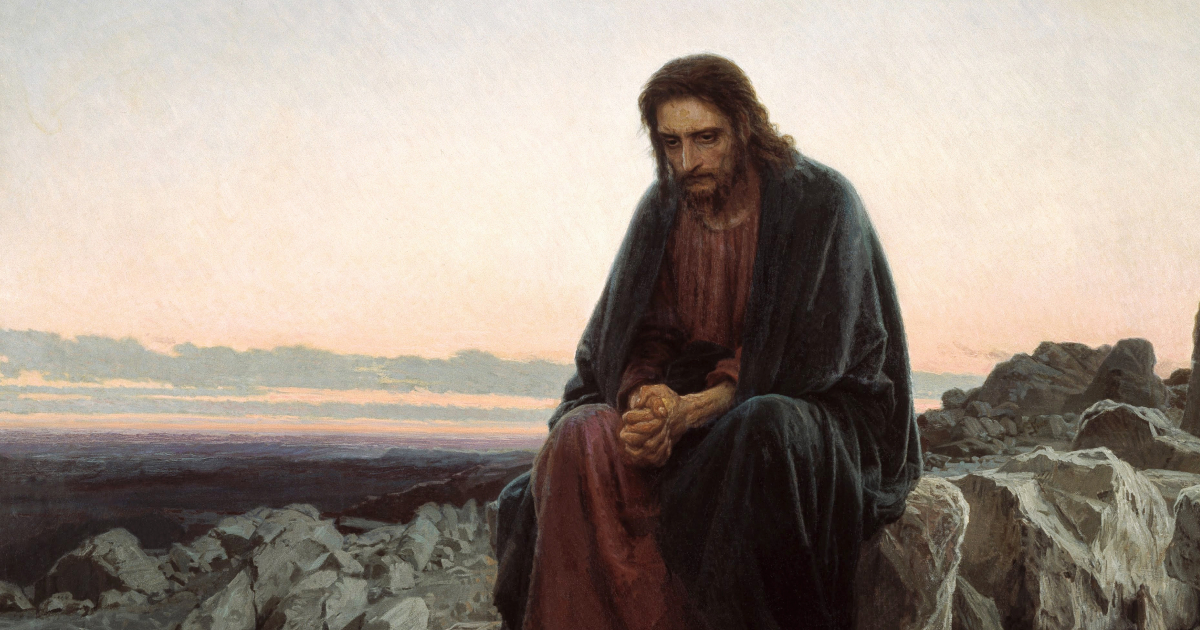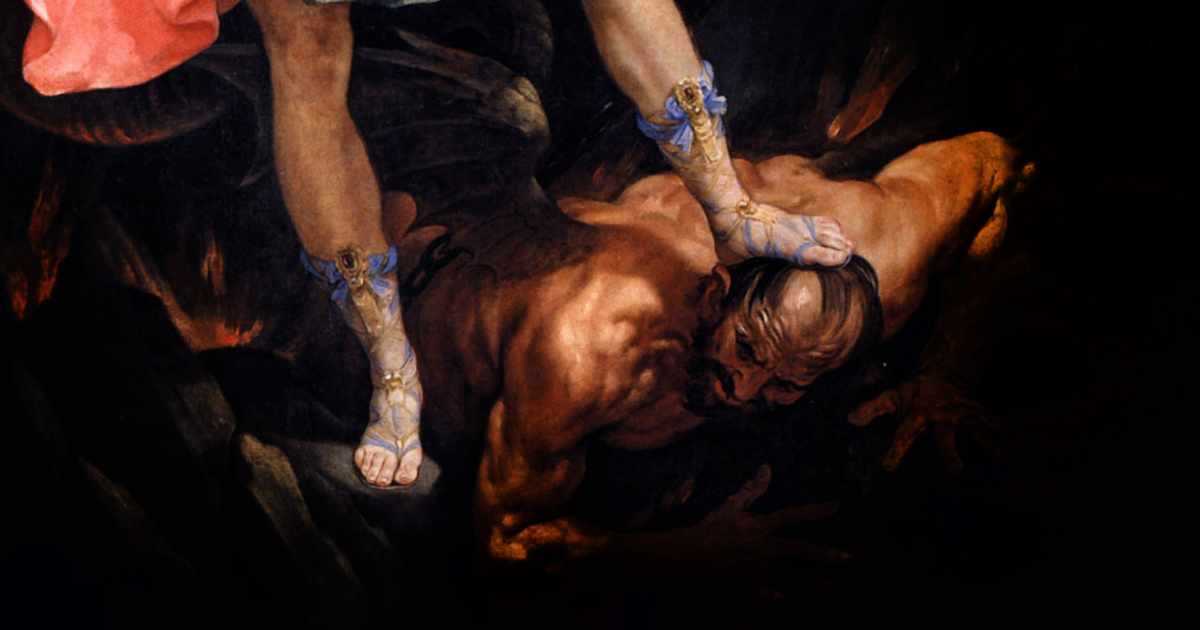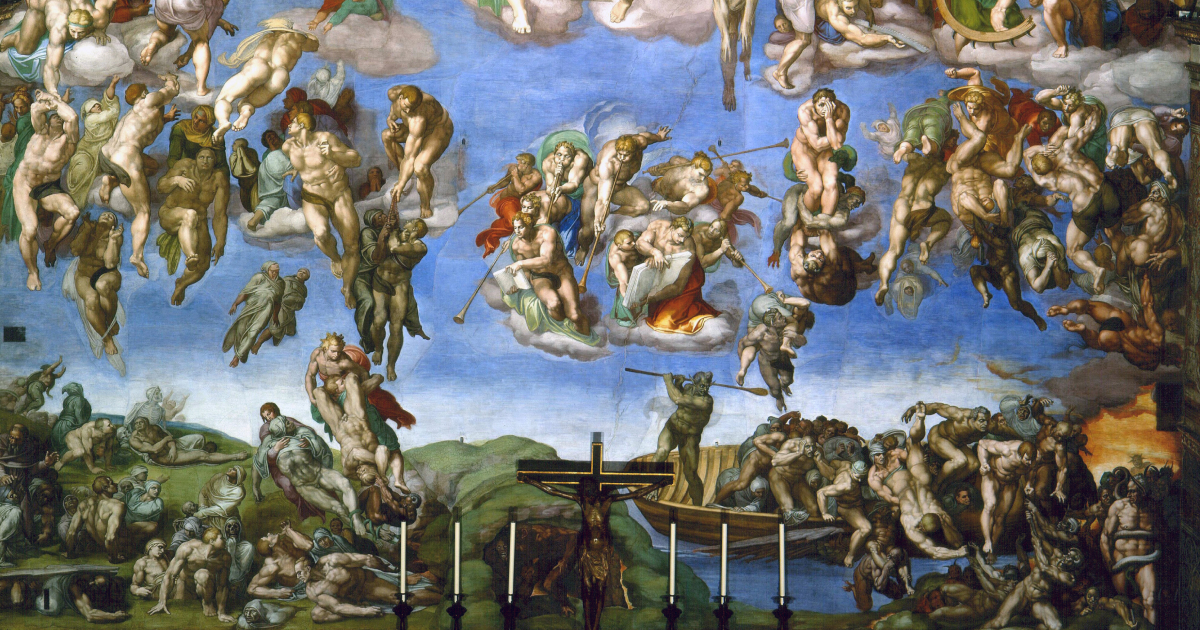Anglican Church leaders have spoken out against what they describe as a nationalist narrative emerging in the UK around Christianity and which they say is the antithesis of the values at the heart of their Christian faith.
The comments by Anglican officials, including a former CofE Archbishop of Canterbury, CofE bishops, clergy and lay people, were made to coincide with a “prayer walk” held around London's Hyde Park this morning, 7 November. The walk sought ahead of this Remembrance Sunday to “speak out against the Christian nationalist narrative”, according to the walk's organisers, and address increasing polarisation around the issue of immigration in the UK.
"It is more than time to challenge the story that every migrant approaching our shores is an unfriendly alien with unintelligible and hostile values,” said Dr Rowan Williams, a former Archbishop of Canterbury in the CofE, who though unable to attend the walk, shared a statement for it.
“It is essential for us to see, not enemy invaders, but vulnerable people like us, committed to finding safety for themselves and those they love. It is the height of injustice to hold communities responsible for the crimes of individuals and to market lazy, hurtful stereotypes.
“Christian culture, about which we hear so much from some quarters, is based simply on the recognition that we share common human needs and that we are given strength and generosity in Christ's Spirit to serve those needs wherever they appear, and to welcome the gifts that strangers offer us – as so many do by their service to this society.”
The walk stopped at several London sites “signifying how people born in other countries have contributed to and enriched Britain”, according to the organisers.
One of the locations visited during the walk was the Commonwealth Memorial Gates, which commemorates the men and women from the Indian subcontinent, Africa, the Caribbean and other Commonwealth countries, who died in the Second World War.
A large cross, comprising woven red poppies and roses, was held up in front of this site. The red cross of poppies made the shape of a St George’s flag when held in front of the white memorial stone, note the organisers of the walk, adding that the image created sought to represent “a sign of respect for how these soldiers have shaped the Britain we celebrate today”.
"Without Christ's unconditional love, the cross is merely an instrument of violence,” said Rt Revd Canon Dr Anderson Jeremiah, Anglican Bishop of Edmonton. “By dying on the cross Jesus transformed the cross from a means of death into an ultimate symbol of love. To wield this symbol to hate or alienate people is to crucify Christ’s message all over again."
During the prayer walk, attendees also reflected on the impacts of growing inequality in the UK, with wealth increasing for elites, while many normal people suffer a cost-of-living crisis.
"A small number of mega-rich people are amassing ever-increasing fortunes, which is draining the country, leaving everyday people struggling to make ends meet," said Revd Helen Burnett, a vicar in the Southwark Diocese.
“It's immoral that we are seeing migrants used as scapegoats for this and being blamed for the lack of public funds resulting from years of deliberate austerity. Asylum seekers did not create this crisis; their plight has been manipulated to vilify them, when the fact is that they are struggling for a decent life like everyone else.”
Rt Revd Dr Rosemary Mallett, Anglican Bishop of Southwark, said: "We are living in very trying times, and the cost-of-living crisis is not abating. Our poorest communities are experiencing severe social and economic challenges, with 4.5 million people living below the poverty line.
“Many individuals and families are finding things difficult to manage and feel their issues are being ignored. Yet all too often the media focus is on migration, while the root causes remain unaddressed.
“In today’s increasingly polarised public debate on economy, identity and borders, listening and empathy are paramount. Listening to those who feel socially and economically disenfranchised and to those incomers fleeing from persecution and war.
“Migration is not simply a policy issue for the government but a test of our shared humanity. As Christians, our gospel calls us to love our neighbours, and to see the face of God in each other.
"We must reject any narrative that says the cross is a symbol of exclusion," she concluded. "The cross calls us to a life of love and sacrifice."
Photo: Anglican Church leaders and lay people stand in front of the Commonwealth Memorial Gates with a large red cross of poppies and roses, making the shape of a St George’s flag (Image by Christians for a Welcoming Britain)





.jpg)



